– guest: Volkert Engelsman
Forces of Nature is a talkshow miniseries featuring dynamic leaders from across food & environmental movements. Tune-in for a dose of optimism.
FORCES OF NATURE
miniseries

Volkert Engelsman
CEO @ EOSTA
Nature & More founder
–
–
6-part series

.

Volkert Engelsman · Marketing Mastermind · episode 111
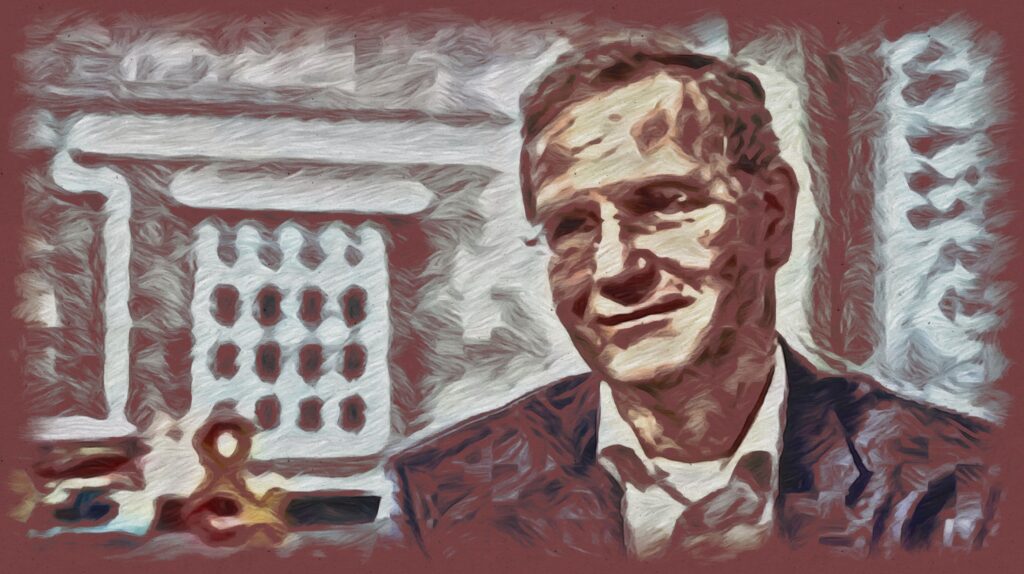
–
by: Aaron Niederhelman
FOOD FULL OF THOUGHT
SOURCING MATTERS
Volkert Engelsman is CEO of EOSTA, the EU’s largest importer of organic and biological fruit. Volkert is nothing short of a mastermind when it comes to marketing product differentiation, and amplifying how those differences benefit each stakeholder involved. In this conversation we hear what it’s taken for Engelsman to become a leading force connecting the worlds of healthier food and thriving soils.
–
“When you commoditize products, you anonymize origin and backstory,” explains Engelsman in describing why he launched food integrity platform: Nature & More.
–
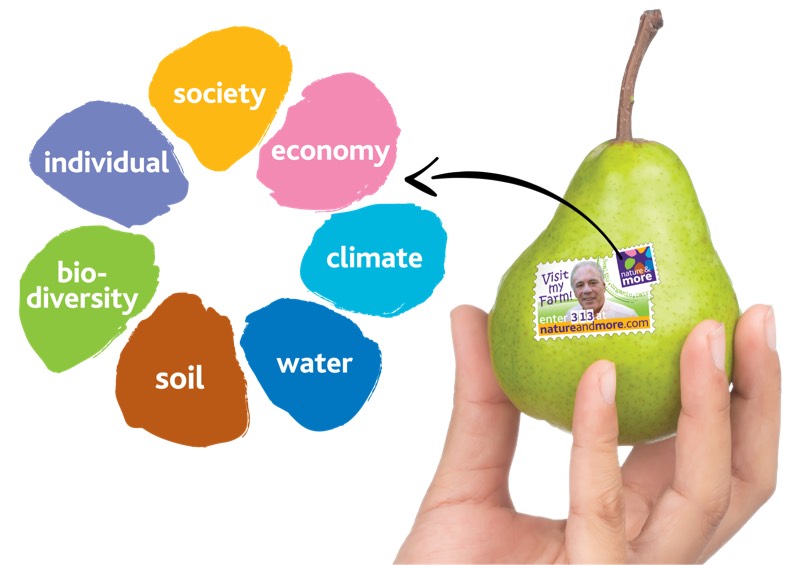
The Nature & More “Sustainability Flower” is used to evaluate, manage and communicate the net positive environmental impact and social welfare achievements of organic growers and supply. It’s a sticker that validates production and sourcing claims on each piece of fruit, and a robust platform behind it all that gives it the integrity to make the storytelling stick with consumers.
–
If you’re a grower, retailer or consumer like us all – listen-in to this episode to hear how we’ll get to a point of food full of thought.
–
–
–
WELCOME TO MY KITCHEN – VIDEO TALK SHOW SERIES

.
.
ABSOLUTELY MONEY
The UN calculates that there are $2.8 Trillion of environmental externalized costs, and $2.1 Trillion in social damage tied directly to extractive models of conventional agriculture. Engelsman says that’s about the equivalent of the total revenues of all food products from around the world. The good news, you’ll hear that the tides are finally changing. “Every contemporary report worth its salt is showing that organic food is not too expensive, but rather conventional food is just too cheap,” – explains Engelsman.
–
Growers and suppliers can no longer externalize social and environmental costs that have remained unregulated or unvetted for decades. Simply, the market will no longer allow it. Good food is now being looked at as not only an investment in personal wellbeing, but also as acts of climate & social action. We hear that equitable pricing based on these values of food and its production are to become the new norm to adhere to. With more folks realizing that equitable pricing of food is a surefire way to realize gains in SDG goals – we’re also seeing top level air coverage from political and NGO leaders supporting the production of good food like never before.
–
A missing component for large-scale adoption is infrastructure with a track-record for supporting and incentivizing stakeholders to partake in this decommoditization of food. As it turns out, some of the wins from the the Nature-&-More Sustainability Flower (above) ain’t such a bad thing to parlay into preserving more values in all different types of food production. Does the Sustainability Flower have the chops and street cred to work on everything, everywhere? Well, with Volkert pushing it forward – I’d put my money on it.
–
–
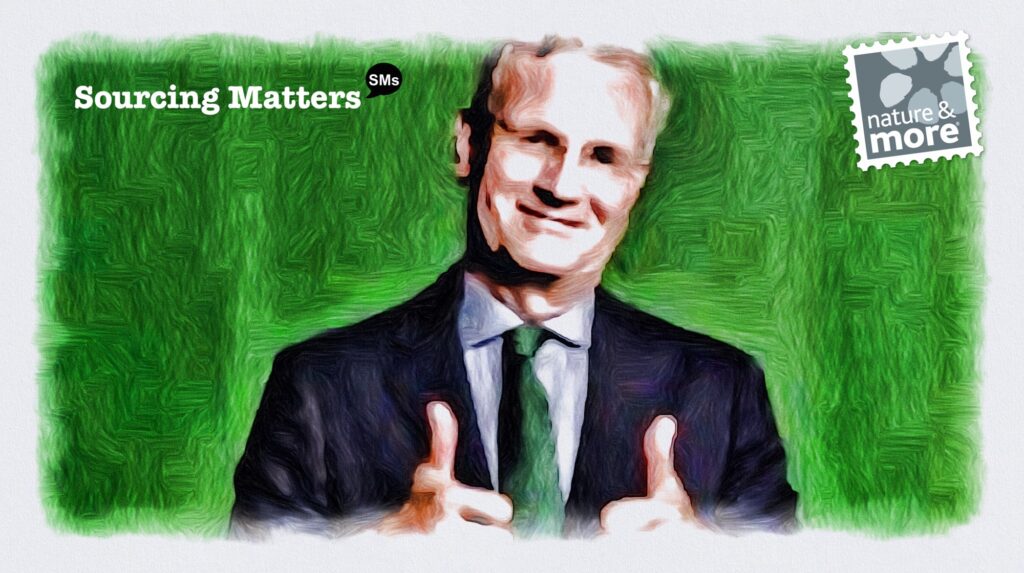
–
DON’T HATE THE PLAYER – HATE THE GAME
In an effort to establish financial rewards for the positive externalities derived from regenerative land management, Volkert has initiated the Business Alliance for Regenerative Agriculture (BARA). The objective of BARA is to work with existing initiatives, and suss-out new reward structures that incentivize more stakeholders for ecosystem health and the social benefits tied to regenerative agriculture.
–
Eighty (80) initiatives and companies from all over the world have come together to launch BARA. At October’s kick-off gathering held at EOSTA’s home office in Waddinxveen, Netherlands, cohosts Climate Farmers of Berlin and EOSTA defined seven working groups to build upon: Carbon Methodologies, Policy Engagement, Trading Positive Externalities, Sharing & Exchanging Experiences, Consumer Awareness & Retail Storytelling, Setting up Farms & Transforming Regions, and Organic Meets Regenerative. A next BARA conference is scheduled for 2023, and is designated to review initial working group findings.
–
For decades, Volkert has used a unique marketing prowess to differentiate better quality foods grown in healthy soils as acts of climate & social action. The Nature-&-More platform and now BARA are intuitive POCs that are ripe to translate the positive impacts of food with the 17 SDGs. It is palatable action in every mouthful to benefit people and the planet. Want to know how – listen in.
–
–
Marketing Mastermind
Guru of Differentiation
–
SOIL-UTIONS
in 2015, Engelsman launched a viral initiative to engage everyday citizens, VIPs, and political leaders to “Save our Soils”. With 30 football fields of soil being lost every minute to irresponsible farming practices, this UN-backed Save-Our-Soils initiative aimed to inform consumers about the urgent need to halt the loss of irreplaceable topsoil.
–
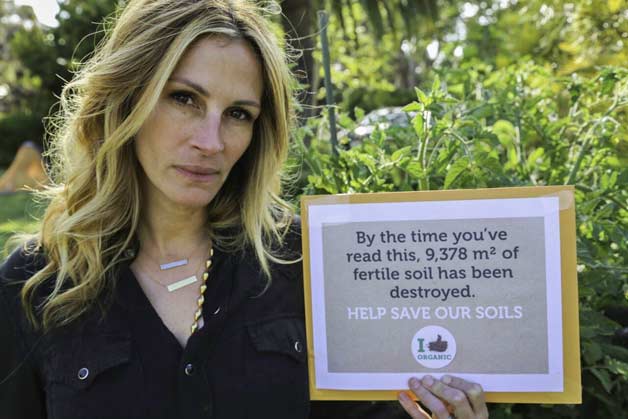
–
To amplify the impact Engelsman employed ambassadors like Prince Charles, Julia Roberts, King of the Netherlands, Dalai Lama, Bishop Desmond Tutu, activist Vandana Shiva and conservationist founder of North Face Douglas Tompkins to support efforts in preserving precious soils, and promoting cleaner food production through a fresh look at the true cost accounting of that food. Today, as the world has now awoken to “Soil Health” as a defense against climate change, biodiversity loss, malnutrition and hunger – Volkert has long-since been ahead of the times and keen to embrace the interests of early adopters. Soil Health is nothing new, but maybe our approach to embracing it can be?
–
Tune in to hear what Volkert has to say about all the soil health chatter nowadays.
–
–
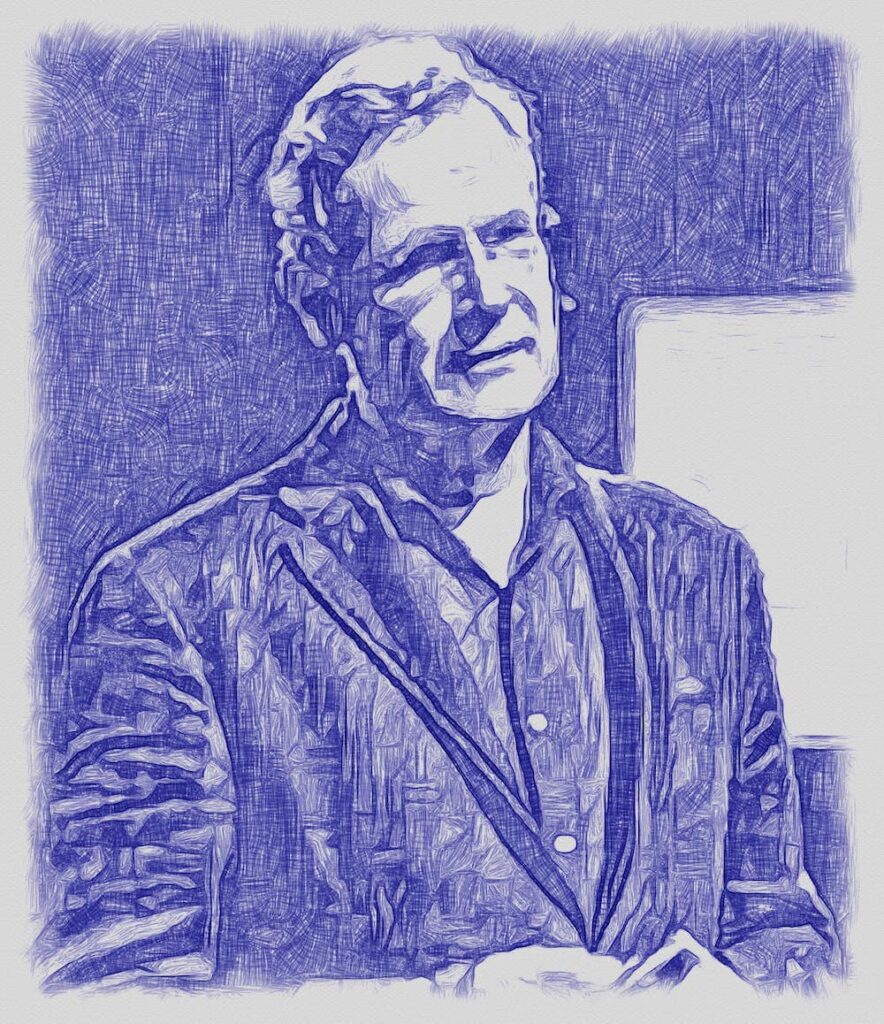
–
BETTER FOOD FOR A BETTER LIFE
The Better Life Index aims at comparing the world’s well-being beyond traditional, material measures like GDP. It’s an interactive visualization and a new way of thinking that scorecards performance of countries, or groups of people, based on key indicators that are baked into key lifestyle choices.
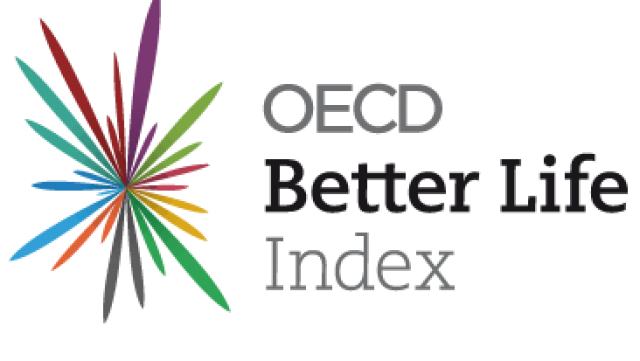
The Better Life Index is a matrix of 11 social indicators, “housing, income, jobs, community, education, environment, governance, health, life satisfaction, safety, work-life balance” used to assess someone’s expected well being. Taking the outcomes of these nuanced social determinants of health and then harmonizing that with 20 sub-indicators – via averaging and normalization – you get a real fungible score carding framework to assess and impact global well being. You should hear where food fits into this recipe.
.
.

.
.
“Tomorrow’s profit will include realities of externalities, and those social and environmental costs – which is precisely what is happening right now in Europe. In fact, you see it (happening) everywhere. This new definition for profit in the future has already been gradually descending into the DNA of financial markets, taxonomies of money, and fiscal incentives of its management. The definition of profit is changing.”

–
– Volkert Engelsman, episode 111 guest
.
.
.
FORCES OF NATURE
Volkert Engelsman
Mastermind Marketer
–
–
CALL TO ARMS
Volkert Engelsman has a call to action for us all in food / planetary movements… get out there and Dream, Dance and Deliver. According to Engelsman, we need more skilled and ambitions (big) dreamers on this stuff. And friend, we learn that if you really want to make change happen – it’s on you – so, you’d better learn how to dance. Figure out how to make nice with others, how to choose partners, and how to keep dancing. This creates results. Often small wins, but then more results. It’s consistency of those small wins that gets us to tackling those big dreams.
–
twitter: @Nature&More
–
photo credit: EOSTA || EW Magazine || Food Inspiration Magazine || Climate Neutral Group
–
.
FORCES OF NATURE – series
As part of the FORCES OF NATURE series, in this episode you’ll hear from inspiring folks making good things happen to benefit the world.
.
–
.

.

.
.
.
,.



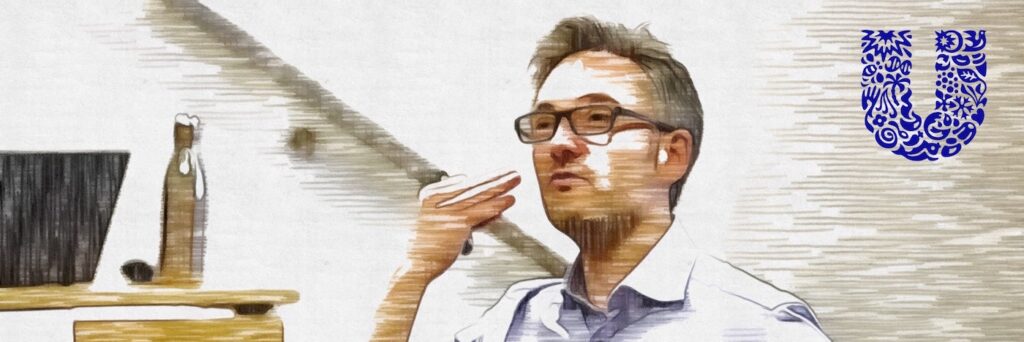
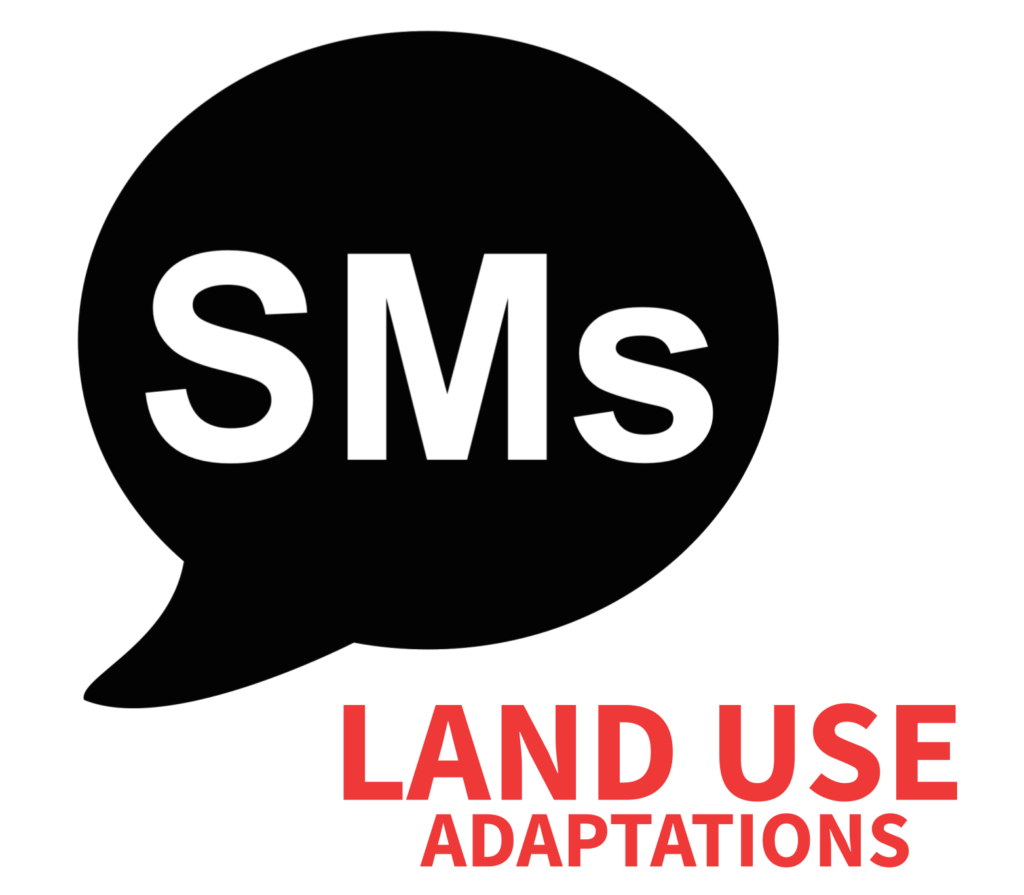
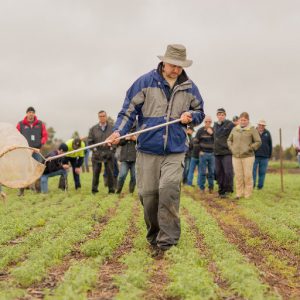
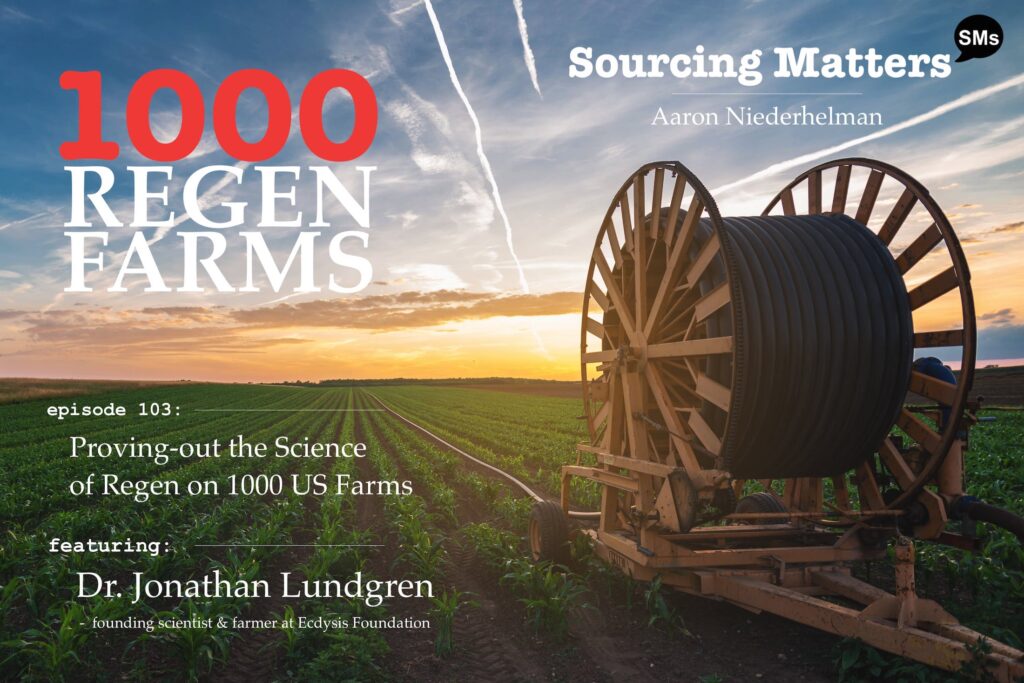

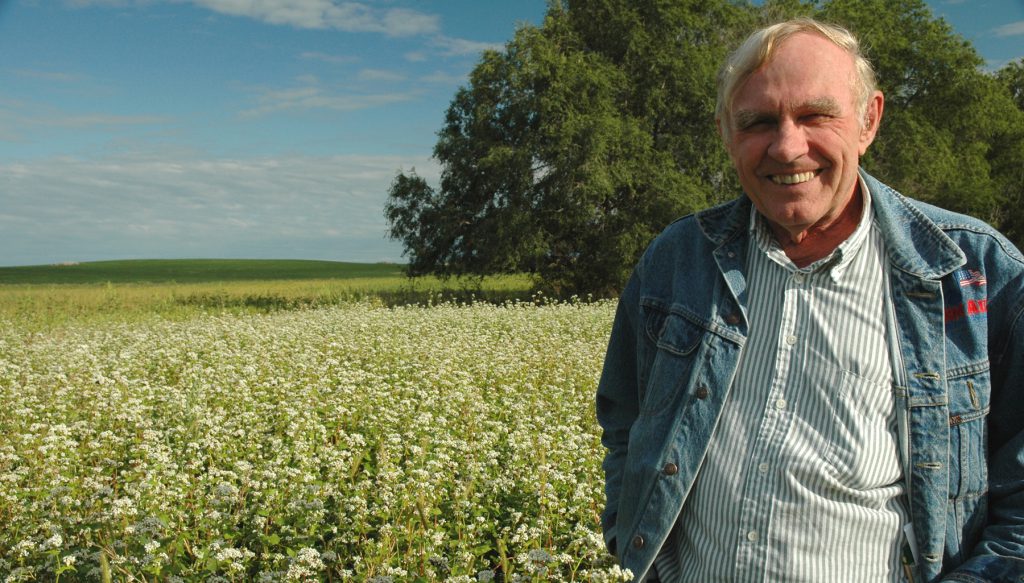
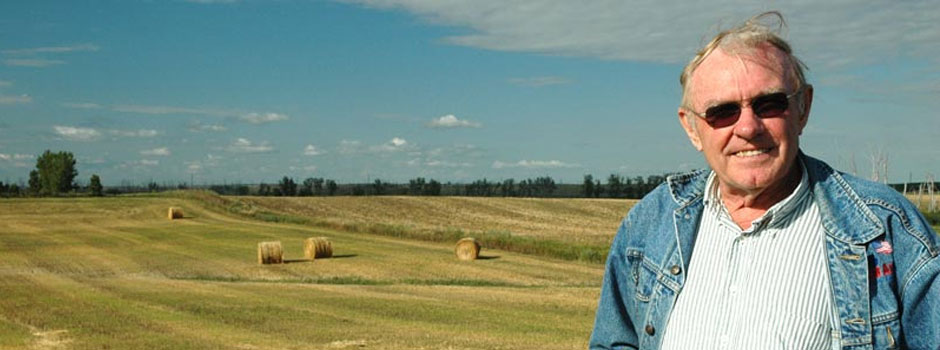

 When this kind of elbow grease bumps up against something that’s bigger than yourself; when influencers don’t become too salty in their pursuit of a mission to improve the human condition or that of the living planet; when these leaders instigate a movement – that’s when we see the icons arise. True Action Heroes that break-down parochial mindsets and evolve behaviors for the betterment of tomorrow actually exist. don’t breathe some kind of rarified air. Despite being hard to find, these icons of environmental and social change live amongst us – in our times. Influencers that we should follow, and real action heroes to be idolized. The Icon series profiles these unique folks who inspire and influence change of mindset and behavior to re-chart more journeys ahead.
When this kind of elbow grease bumps up against something that’s bigger than yourself; when influencers don’t become too salty in their pursuit of a mission to improve the human condition or that of the living planet; when these leaders instigate a movement – that’s when we see the icons arise. True Action Heroes that break-down parochial mindsets and evolve behaviors for the betterment of tomorrow actually exist. don’t breathe some kind of rarified air. Despite being hard to find, these icons of environmental and social change live amongst us – in our times. Influencers that we should follow, and real action heroes to be idolized. The Icon series profiles these unique folks who inspire and influence change of mindset and behavior to re-chart more journeys ahead.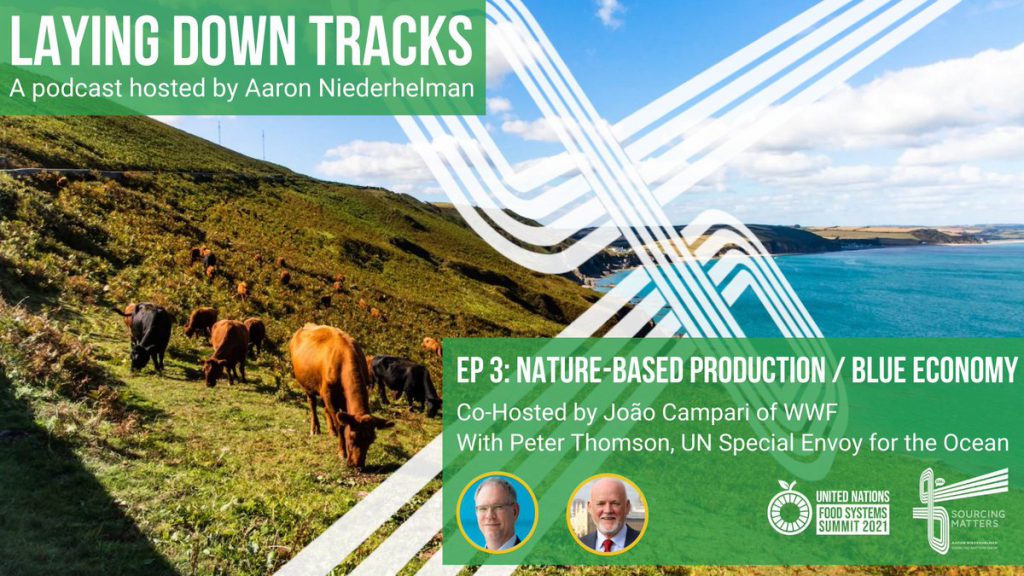
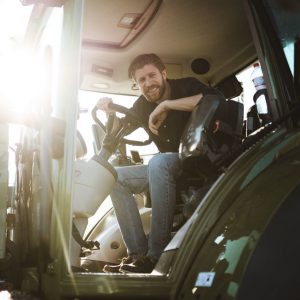 Through regenerative food production and forestry management; through hunting excursions and land stewardship initiatives; through a royal bed & breakfast and restaurant – Bösel offers patrons a unique experience dedicated to capturing and sharing the vitality found in nature’s systems. Since Benedikt has taken the reins of this 7500 acre estate located 1 hour east of Berlin – it’s become an Agtech innovation hot-bed, and an epicenter for testing / implementing Regenerative Natural Resource Management at scale.
Through regenerative food production and forestry management; through hunting excursions and land stewardship initiatives; through a royal bed & breakfast and restaurant – Bösel offers patrons a unique experience dedicated to capturing and sharing the vitality found in nature’s systems. Since Benedikt has taken the reins of this 7500 acre estate located 1 hour east of Berlin – it’s become an Agtech innovation hot-bed, and an epicenter for testing / implementing Regenerative Natural Resource Management at scale.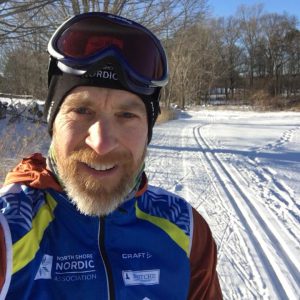 Using adaptive grazing is one important strategy to increase the soil health of our public grasslands and rangelands. For episode 85 of Sourcing Matters, consultant Greg Horner discusses his recent work interviewing innovative public land managers across the US about their use of adaptive grazing as a tool to improve soil health, restore ecosystem function, and increase biodiversity. While these agency staff are increasing soil health, they are also increasing soil carbon and making the land they manage more resilient to climate change.
Using adaptive grazing is one important strategy to increase the soil health of our public grasslands and rangelands. For episode 85 of Sourcing Matters, consultant Greg Horner discusses his recent work interviewing innovative public land managers across the US about their use of adaptive grazing as a tool to improve soil health, restore ecosystem function, and increase biodiversity. While these agency staff are increasing soil health, they are also increasing soil carbon and making the land they manage more resilient to climate change.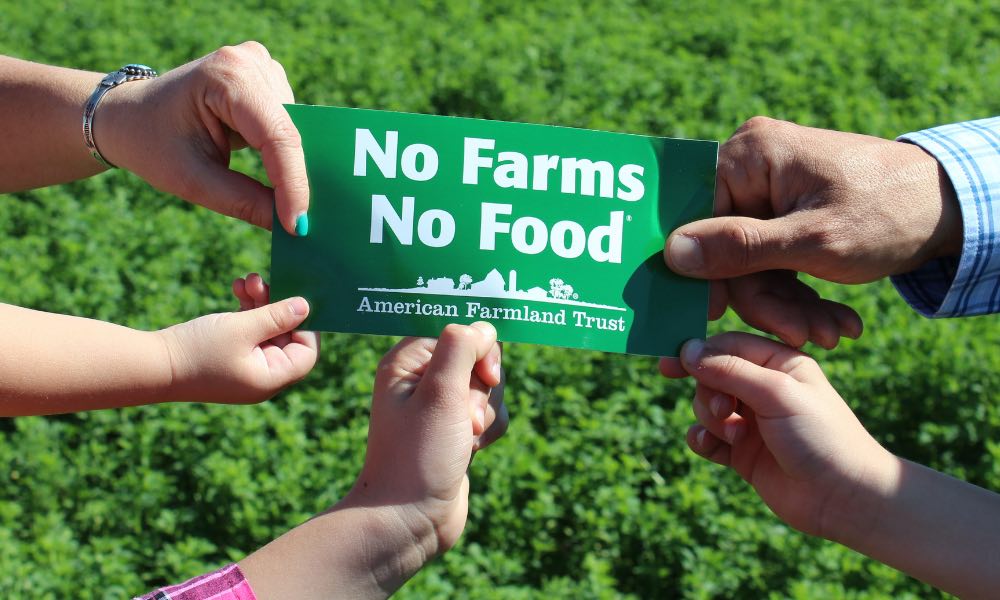
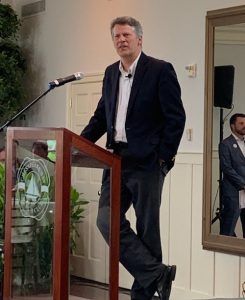 John Piotti joined American Farmland Trust as president and CEO in July 2016, bringing more than 25 years of executive management and public policy experience to the organization. Prior, John served as president and CEO of Maine Farmland Trust for 10 years. Under his leadership, Maine Farmland Trust became an award-winning statewide nonprofit organization, helping over 500 Maine farms remain viable. Piotti has earned a reputation as a nonpartisan problem-solver; as a Statesman, an Eisenhower Fellow – and – as a leader in future food that has helped stabilize a regional dairy industry, and procure funding to protect working waterfronts & our natural lands. John holds three degrees from the MIT, in engineering, public policy, and management.
John Piotti joined American Farmland Trust as president and CEO in July 2016, bringing more than 25 years of executive management and public policy experience to the organization. Prior, John served as president and CEO of Maine Farmland Trust for 10 years. Under his leadership, Maine Farmland Trust became an award-winning statewide nonprofit organization, helping over 500 Maine farms remain viable. Piotti has earned a reputation as a nonpartisan problem-solver; as a Statesman, an Eisenhower Fellow – and – as a leader in future food that has helped stabilize a regional dairy industry, and procure funding to protect working waterfronts & our natural lands. John holds three degrees from the MIT, in engineering, public policy, and management.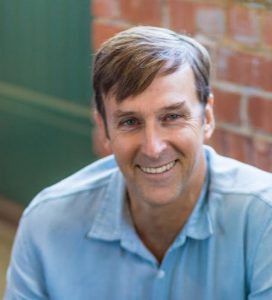 John Roulac started natural and superfoods brand Nutiva in 1999 because of his deeply held belief that it is his purpose to challenge the industrial food model and create a better food system to nourish people, communities, and our planet. Through his leadership, Nutiva has become one of the fastest-growing superfoods company in the world. Nutiva has been named one of Inc. Magazine’s fastest-growing private companies in America for seven years in a row – with sales topping $100mm in 2015.
John Roulac started natural and superfoods brand Nutiva in 1999 because of his deeply held belief that it is his purpose to challenge the industrial food model and create a better food system to nourish people, communities, and our planet. Through his leadership, Nutiva has become one of the fastest-growing superfoods company in the world. Nutiva has been named one of Inc. Magazine’s fastest-growing private companies in America for seven years in a row – with sales topping $100mm in 2015.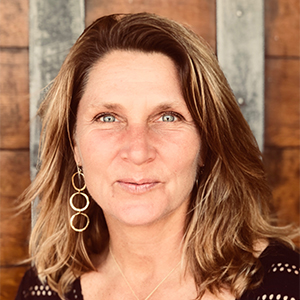 The goal of regenerative organic agriculture is to offer practical solutions to the world’s biggest social and ecological challenges. We’ve learned that we’re beyond the point of sustainability and we need to regenerate the soil and land that supports us, the animals that nourish us, and the farmers and workers that feed us. This has developed into a call to action of the ROA and defined a path forward where we’re all part of the solution.
The goal of regenerative organic agriculture is to offer practical solutions to the world’s biggest social and ecological challenges. We’ve learned that we’re beyond the point of sustainability and we need to regenerate the soil and land that supports us, the animals that nourish us, and the farmers and workers that feed us. This has developed into a call to action of the ROA and defined a path forward where we’re all part of the solution.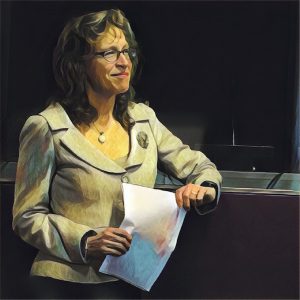 During our 45 minute conversation we gain Dr. Jahn’s perspective on what it’ll take to address climate change on a planet of 7.6 billion people. We also discuss how our current approach in producing food and using water are in fact one of the most pressing National security concerns. Dr. Jahn shares how the Government shutdown at the end of ’18 / early ’19 is impacting real science which so vital in dealing with climate issues in a timely fashion. And, how that science is now losing traction under current governance.
During our 45 minute conversation we gain Dr. Jahn’s perspective on what it’ll take to address climate change on a planet of 7.6 billion people. We also discuss how our current approach in producing food and using water are in fact one of the most pressing National security concerns. Dr. Jahn shares how the Government shutdown at the end of ’18 / early ’19 is impacting real science which so vital in dealing with climate issues in a timely fashion. And, how that science is now losing traction under current governance.